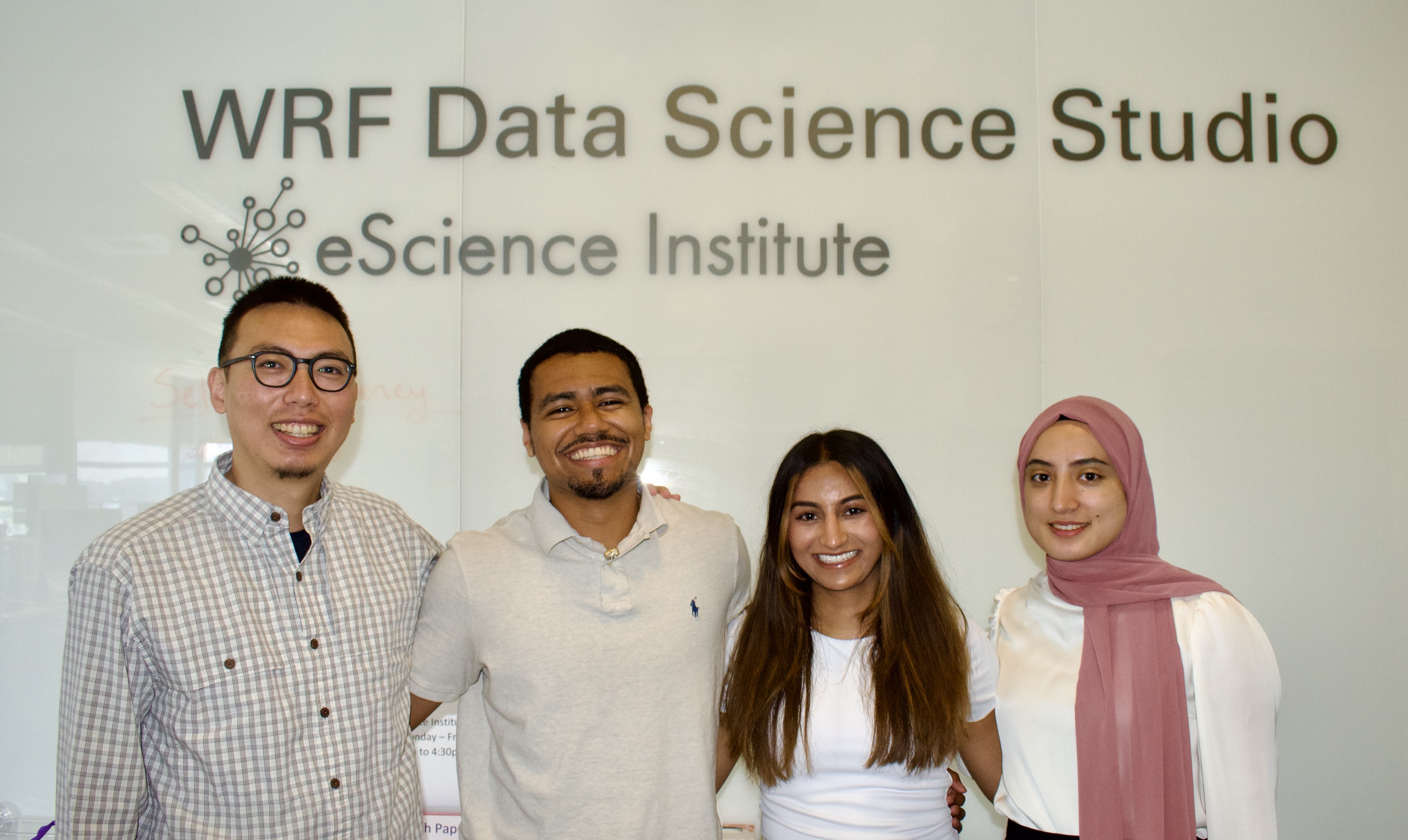About

Bios
Aziza Mirsaidova is a Master’s student at Northwestern University, McCormick School of Engineering. She is pursuing her studies in Artificial Intelligence with a focus on Natural Language Processing. She is interested in learning and researching computational approaches that enable computers to understand human language and break down communication barriers between people and language technologies. At Northwestern, she is involved in multiple research projects including Tiilt lab where she is involved in enhancing the source separation process for the Blinc app and leading user research study group to understand and improve the student’s collaboration process using AI integrated technologies.
During the summer before pursuing her master’s degree, Aziza was nominated as a Station1 Frontier Fellowship Scholar where she was trained as Research Scientist to conduct socially directed science and technology research. As a part of her fellowship, she was a Data Science Research Intern at GreenInfo Network. She was excited to join the DSSG program to integrate her technical skills and practical implementation of AI techniques in projects with a positive impact to society.
Outside of academics, she is an epee fencer, language learner and an amateur traveler.
Priyana is a Master’s student in the Department of Human Centered Design and Engineering at the University of Washington. She earned her B.S. in Cognitive Science with a Specialization in Computing and a Minor in Digital Humanities from the University of California, Los Angeles (UCLA). Her work in her graduate program focuses on engaging in a deep critical analysis of society and challenging the landscape of design systems, ethics, and equity in a people-first environment. Some of her projects include a mobile AR game for middle schoolers to evaluate online misinformation and a virtual wayfinding system for museum visitors with sensory processing challenges. She was excited to participate in DSSG to explore poverty evaluation and income inequality in the Self-Sufficiency Standard. She was particularly interested in working with diverse stakeholders and considering how converging identities, such as race, gender, and disability status, influence the poverty metric.
Cheng Ren (he/his/him) is a Ph.D. student in Social Welfare and Data Science at the University of California, Berkeley. He is also a Senior Data Science Fellow at D-Lab at UC Berkeley. Prior to Berkeley, he earned his master’s degree at Case Western Reserve University in Social Work and then worked as a data scientist in several social welfare related projects.
Cheng is interested in nonprofit development, housing, and computational social welfare. His current dissertation uses computational methods, especially natural language processing, to collect, analyze, estimate and visualize the eviction crisis in the United States.
Cheng was excited to learn data science integrated with various fields for social good during the summer. He looked forward to learning from other fellows and contributing to the program in poverty measurement empowered by new techniques.
Hector Joel Sosa is an Ph.D. Student in the Social Psychology program at the University of Massachusetts – Amherst. Originally from Brooklyn, NY, he holds an undergraduate degree in Psychology from the University at Buffalo. As a former McNair Scholar and student in the Educational Opportunity Program, Hector’s research focuses primarily on supporting members of underrepresented/underserved groups succeed in STEM while in college. Recently, he has explored how cultural alignment or mismatch between individuals’ goals (agentic vs. communal) and perceived goals of STEM (STEM promotes more agentic vs. communal goals) is associated with individuals’ interest in STEM majors.
Hector was excited to be a part of the DSSG program to utilize machine learning techniques to address the cost of living. The program allowed him to develop his technical skills while also addressing a social issue that is relevant to some lived experiences.
Project Links
The Self-Sufficiency Standard (SSS) was created by the Center of Women’s Welfare (CWW) at the University of Washington as an alternative to the Official Poverty Measure (OPM). The Self-Sufficiency Standard data is spread across the CWW website and this repository creates a database to hold the Self-Sufficiency Standard data.
Self Sufficiency Standard (SSS) Database GitHub Page
Acknowledgements
We would like to thank the UW Data Science for Social Good program, project leaders Annie Kucklick and Lisa Manzer from the Center for Women’s Welfare, data scientist Bryna Hazelton, Program Chair Anissa Tanweer, and Executive Director Sarah Stone.